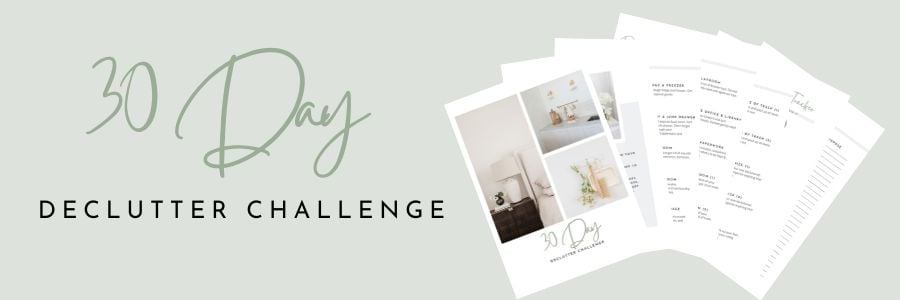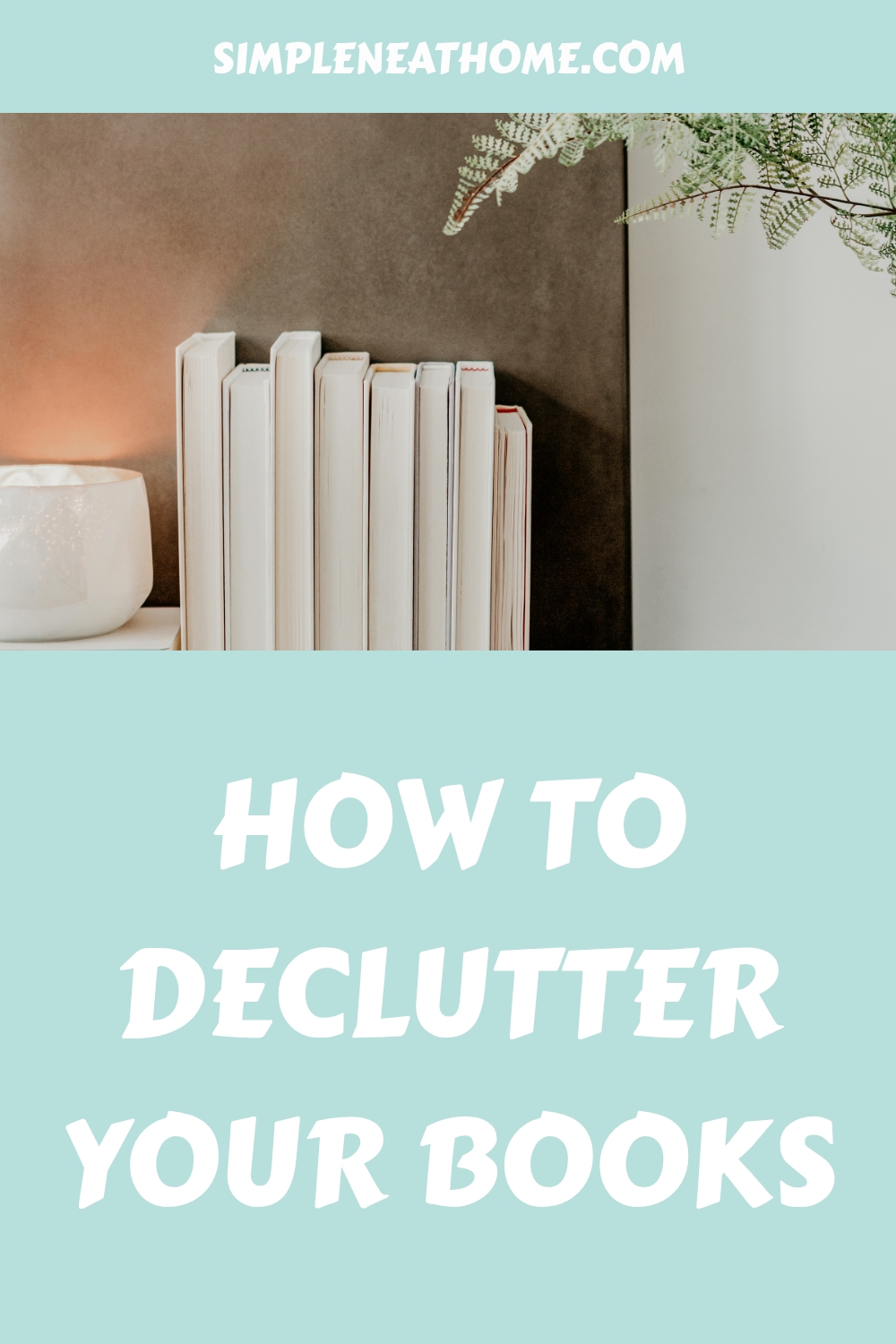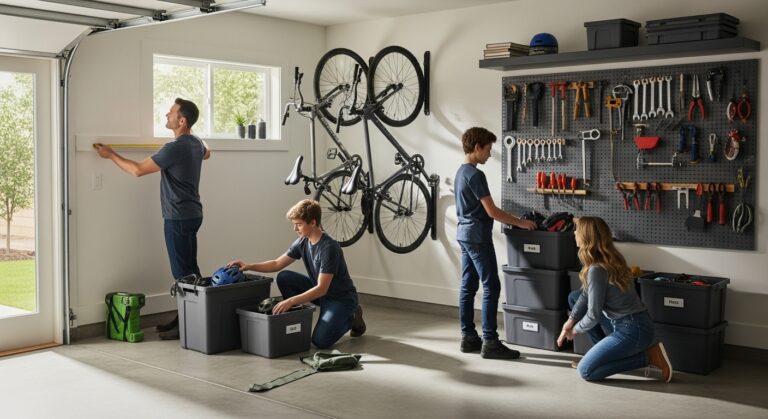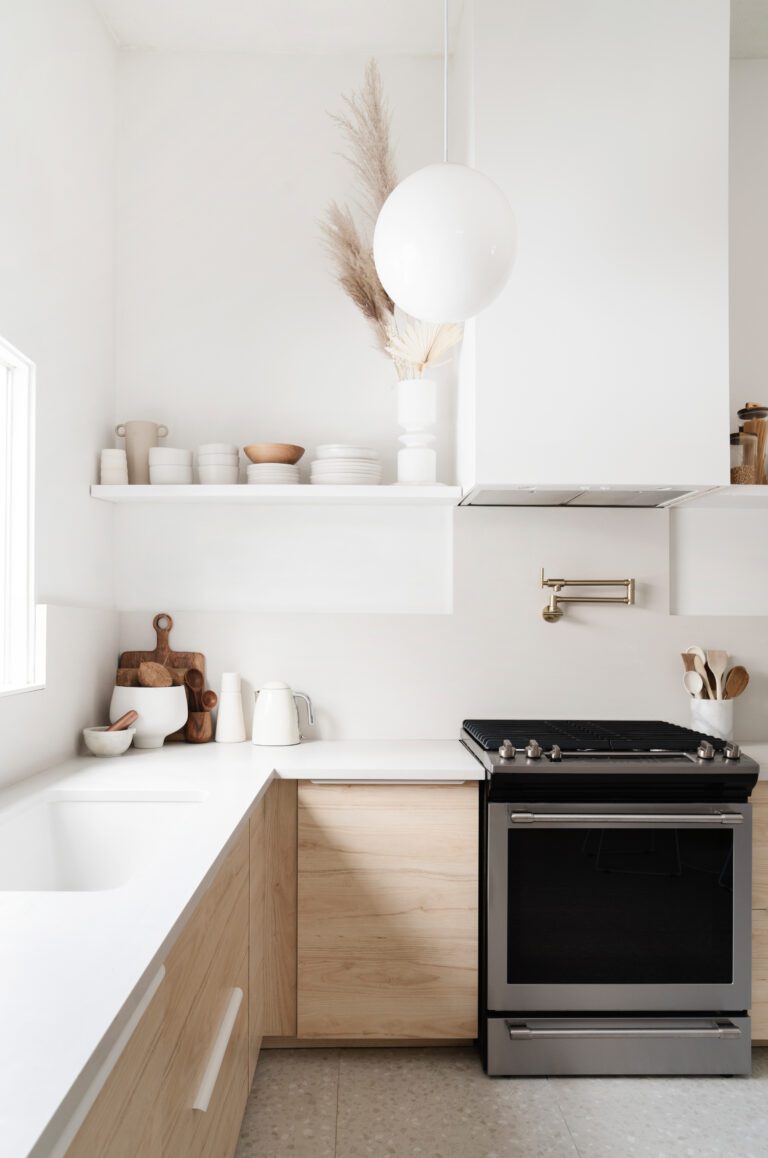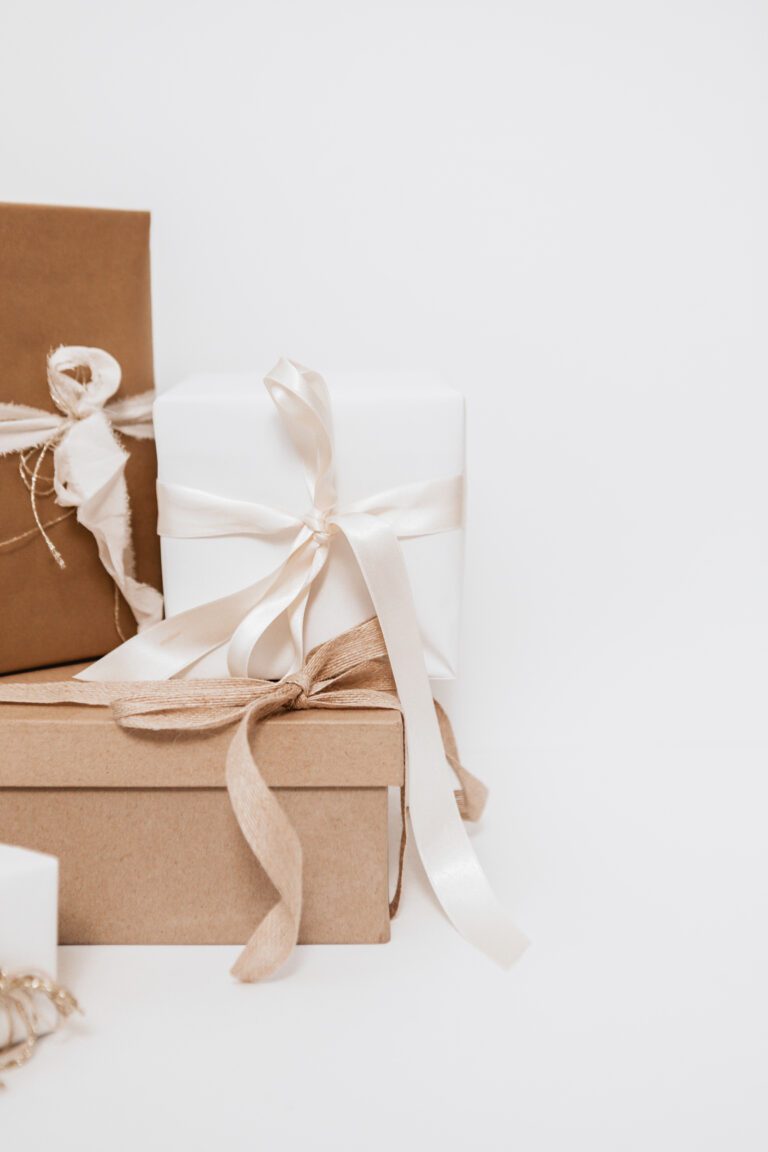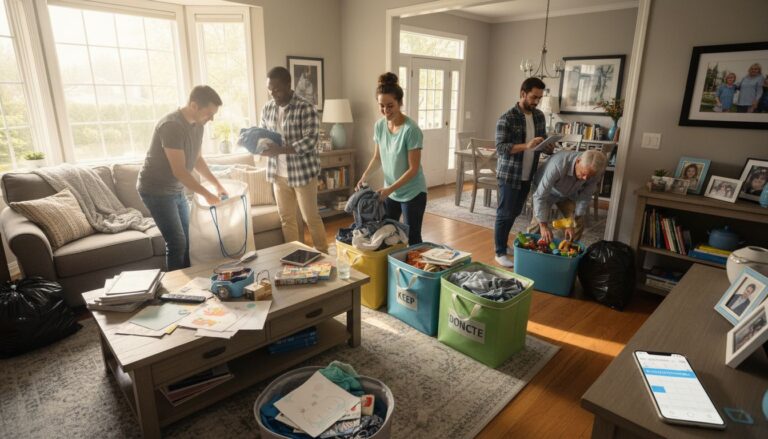How to Declutter Your Books
I know, I know – is there such a thing as too many books? My husband would say yes, my daughter and I would say no. We love our books, but we’ve probably accumulated way too many over the years. I know however it’s all too easy for book collections to get out of hand and that can make your living spaces feel cluttered. In this guide, I’ll share how to declutter your books effectively, preserving the joy of reading while creating a more organized and harmonious living environment.
1: Set Your Decluttering Goals
Before you embark on your book decluttering journey, it’s essential to define your goals and intentions. Consider what you want to achieve when you declutter your books:
- Create a More Organized Space: Reduce the visual clutter and make your living area more visually appealing and comfortable.
- Prioritize Reading: Ensure that the books you keep are the ones you genuinely intend to read, re-read, or reference.
- Donate and Share Knowledge: Share books you no longer need with others who can benefit from them, promoting a culture of reading and learning.
2: Assess Your Book Collection
Now, it’s time to assess your book collection critically. Set aside time for this process, and consider the following criteria:
- Read vs. Unread: Separate your books into categories of read and unread. This will help you prioritize which books to keep and which to let go.
- Sentimental Value: Some books hold sentimental value, such as gifts, heirlooms, or special editions. Identify these books, as they may have a unique place in your collection. For us it’s the Harry Potter series – we read these books together over and over and it was just a magical time.
- Frequency of Use: Think about how often you reference or consult specific books for work, hobbies, or personal interests.
- Book Condition: Assess the condition of your books. Are they in good shape, or are they worn and damaged beyond repair?
- Duplicates: Check for duplicate copies of the same book. Consider keeping only the best edition or the one with sentimental value. We’re all guilty of this – in our last book declutter I had 3 versions of Emily Bronte’s Wuthering Heights. Hands up who else is guilty of buying prettier versions of books and forgetting about the versions I already have!
- Age Range for Kids Books: have your kids outgrown books? If so, and they’re not likely to read them any more, it’s time to part with them.

3: Categorize Your Books
After assessing your collection, categorize your books into the following groups:
- Must-Keep Books: These are the books you absolutely love, cherish, and intend to read again.
- May-Keep Books: Books you might read in the future, have sentimental value, or serve as reference material.
- Donate or Sell: Books you no longer need or want, including duplicates, textbooks you won’t use, or books that no longer align with your interests.
- Recycle or Dispose: Books that are in poor condition, severely damaged, or beyond use.
4: Decluttering Methods
Once you’ve categorized your books, it’s time to declutter your books. Here are some methods to help you with the process:
- The KonMari Method: Inspired by Marie Kondo’s philosophy, this method involves holding each book and asking yourself, “Does this spark joy?” If the answer is yes, keep it. If not, thank the book for its service and let it go.
- The One-Year Rule: If you haven’t read a book in the past year and don’t have immediate plans to do so, consider letting it go.
- Genre-Based Sorting: If you have a vast collection, sort books by genre, and select a specific number to keep in each category. For instance, if you love mysteries, limit yourself to your favorite ones.
- Digital Conversion: If you have many physical copies of books available in digital format, consider converting them to e-books. This can save space and declutter your shelves. I know that reading an e-book is nothing like reading a physical book though!
5: Sustainable Disposal and Donation
When it comes to disposing of books, consider sustainable options:
- Donate to Libraries: Many libraries accept book donations. Check with your local library to see if they are in need of specific titles.
- Donate to Schools or Nonprofits: Schools, community centers, and nonprofit organizations often welcome book donations to promote literacy.
- Little Free Libraries: If you have a “Little Free Library” in your neighborhood, share your books there for others to enjoy.
- Online Marketplaces: Sell books that are in good condition on online marketplaces like Amazon, eBay, or BookFinder.
- Charity Shops: If you have a local charity shop, you might want to take your spare books there so they can be resold for charity.
- Recycle Responsibly: For books that are beyond use, consider recycling. Remove any non-paper components like hardcovers and bindings, which should be disposed of separately.
6: Organize Your Remaining Books
Now that you’ve decluttered your collection, it’s time to organize your remaining books effectively:
- Categorize by Genre or Theme: Arrange your books by genre, theme, or subject matter. This makes it easier to find what you’re looking for.
- Alphabetical Order: Organize books alphabetically by the author’s last name or title, depending on your preference.
- Use Bookends or Shelves: Invest in quality bookends or adjustable shelving units to keep your books neatly in place.
- Display Favorites: Showcase your favorite books or those with beautiful covers on prominent shelves or coffee tables.
- Rainbow Organization: Using the spines of the books, sort them into rainbow order. This is purely aesthetic, and might mean you struggle to find a book you want unless you know which colour spine it has, but a rainbow book collection looks amazing!
7: Maintain Your Organized Collection
To ensure your newly organized book collection stays clutter-free, implement the following habits:
- Regular Review: Periodically review your collection and repeat the decluttering process to prevent books from accumulating again.
- Borrow Instead of Buy: Consider borrowing books from libraries or friends instead of purchasing them, especially if you’ll only read them once.
- E-books and Audiobooks: Embrace digital reading with e-books and audiobooks to save space and reduce clutter.
- Book Swaps: Organize book swaps with friends or join a local book club to exchange books and discover new titles.
Decluttering your book collection is a liberating process that not only frees up physical space but also helps you reconnect with the joy of reading. Remember that the goal is not to part with all your books but to create a curated collection that enhances your life. Let’s start to declutter your books and rediscover the delight of a well-organized bookshelf!
You might also like:
11 Practical Tips for Letting Go of Clothes and Decluttering Your Wardrobe
Decluttering Challenge: 20 Bags in 20 Days for a Clutter-Free Home
15 Steps to Declutter Your Living Room

